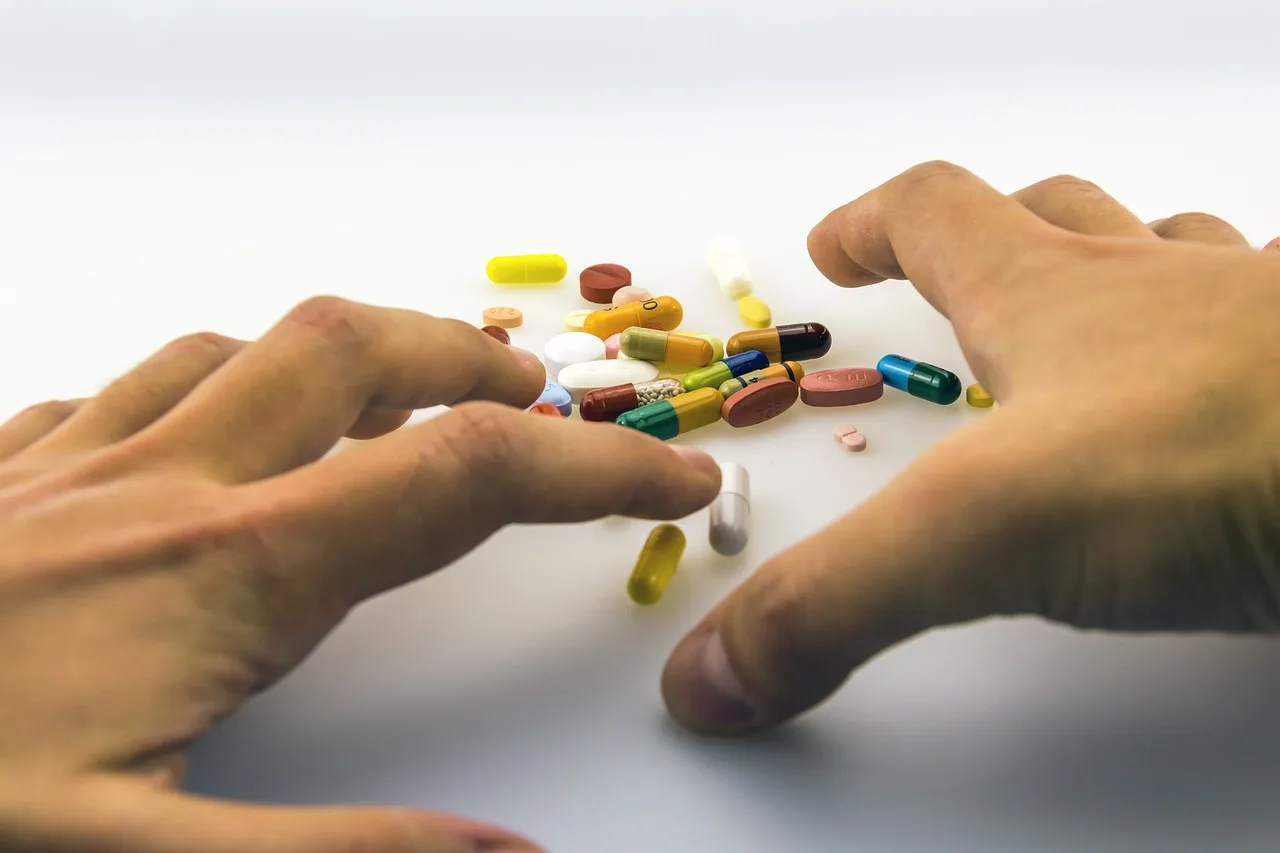Drug addiction is a relentless struggle, one in which the consequences can be far-reaching, affecting every aspect of an individual’s life. Despite the dire circumstances that often envelop those suffering from this affliction, hope and recovery are not only possible but also achievable. With the right strategies and a strong will, it’s within the grasp of anyone to break free from the shackles of addiction. This blog will provide a comprehensive guide to overcoming drug addiction to help individuals take charge of their lives and find lasting recovery.
Seeking Professional Help
One of the pivotal steps in the journey towards recovery involves recognizing the necessity for professional intervention. Opting for a rehab program in Bali or any other convenient location can be a great choice for those seeking to overcome their addiction. In addition to offering a serene and beautiful environment, these programs provide evidence-based treatment options, personalized care, and a supportive community.
These programs integrate traditional therapeutic practices with holistic approaches, addressing not just the physical aspect of addiction but also the mental and emotional facets. Tailored treatment plans ensure that each individual’s needs are met, providing them with the tools and support necessary for a successful recovery.
Establishing a Support System
Creating a robust support system is a critical component of a successful recovery from drug addiction. This network can include friends, family, recovery groups, or counselors who provide encouragement, understanding, and accountability. Surrounding oneself with people who respect and support your sobriety can make a significant difference in navigating the pitfalls and challenges of recovery.
Recovery groups, in particular, offer the unique benefit of shared experiences, fostering a sense of belonging and mutual support. These groups also serve as a platform for learning new coping strategies and celebrating milestones in the recovery process. Ultimately, establishing and maintaining a strong support system empowers individuals to remain steadfast in their commitment to sobriety, even in the face of adversity.
Developing Coping Mechanisms
The road to recovery can be challenging, and individuals may encounter triggers or cravings that threaten their progress. Developing healthy coping mechanisms is crucial in these situations, as it provides alternative ways of dealing with stress, anxiety, and negative emotions without resorting to drugs. Engaging in physical activities like exercise or yoga can be beneficial for releasing tension and promoting overall well-being.
Meditation and mindfulness techniques provide a pathway to quiet the mind and enhance self-awareness. This enables individuals to identify triggers and cravings before they intensify. Supplementing this with professional therapy can assist in cultivating effective coping strategies. Therapists offer tailored approaches to handle stressors and emotions.
Practicing Mindfulness and Self-Care
Mindfulness practice involves being present in the moment and accepting one’s thoughts and feelings without judgment. This technique can be utilized in various aspects of recovery, from managing cravings to improving overall well-being. Mindfulness can also assist in identifying patterns and behaviors that may contribute to drug use, empowering individuals to make positive changes.
Self-care is another essential aspect of recovery, as it prioritizes physical, mental, and emotional health. This can include activities like getting ample rest, eating nutritious meals, and engaging in hobbies or activities that bring joy and fulfillment. Taking care of oneself is not a luxury but a crucial step towards maintaining sobriety.
Establish Healthy Habits
Breaking free from drug addiction also involves establishing healthy habits that promote a sober lifestyle. This can include setting and sticking to a daily routine, maintaining regular sleep patterns, and making healthy dietary choices. Regular exercise can also play a vital role in improving physical health, reducing stress, and promoting positive mental well-being.
It’s essential to avoid triggers and environments that may lead to temptation, such as parties or social events where drugs are present. Instead, seeking out sober activities and making new connections with individuals who prioritize sobriety can provide a sense of community and support in maintaining healthy habits.
Celebrating Progress and Maintaining Motivation
Recovery from drug addiction is an ongoing process, and it’s essential to acknowledge and celebrate milestones along the way. This can include days of sobriety, completing treatment programs, or achieving personal goals. Celebrating progress boosts motivation and serves as a reminder of how far one has come.
Continued motivation is vital in maintaining long-term recovery. It’s essential to keep one’s goals in mind and remind oneself of the reasons for embarking on sobriety. This can include wanting to rebuild relationships, improve physical and mental health, or pursue personal passions and goals.
For those battling addiction, it’s essential to know that help is available and that there is no shame in seeking it. If you or someone you love is struggling with drug addiction, do not hesitate to reach out for assistance. Numerous resources and professionals are dedicated to supporting individuals on their journey to recovery. Remember, the journey to break free from addiction can be tough, but with each step, the grip of drugs loosens, and the hope of a drug-free life shines brighter.







